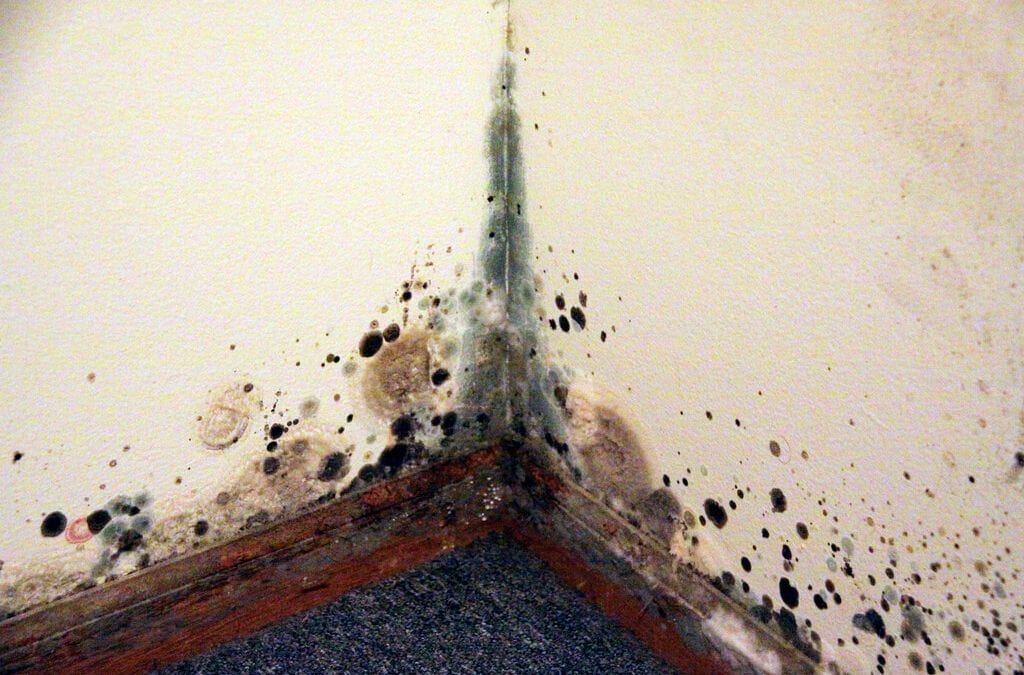No homeowner wants to find mold in their home. Mold growth is associated with moderate to severe health symptoms, property damage, a decrease in property value, and expensive repair bills. This article explains what you should do if you find mold in your home.
The Serious Impacts Of Mold In Your Home
Many people have mild to severe reactions when they are exposed to mold, and this is particularly true with black mold. These reactions may range from a mild rash, sneezing, and coughing, to flu-like symptoms and breathing problems.
As mold grows, it contaminates most surfaces that it comes in contact with. Staining, wood rot, and general deterioration of materials are common. In some cases, mold growth is so severe that the integrity of the home is compromised. If you have noticed signs of mold in your home, allow these steps to guide your actions.
1. Educate Yourself
Mold thrives in areas that are warm, damp, and dark. Because of this, mold growth is common in bathrooms and laundry rooms because conditions are favorable in these areas.
However, the mold that you may find around your tub or in other areas in these rooms is usually not toxic black mold. You may be able to easily clean this type of mold with a scrub brush and bleach. Before attempting to remove it yourself, you should order a professional mold inspection to find out the extent and the source of the problem.
2. Avoid Disturbing Black Mold
If you have black mold growth, avoid disturbing the mold. For example, do not attempt to scrub the mold off of a wall. If you disturb it, the mold spores may become airborne. When this happens, they can cause additional and widespread growth. In some instances, the spores have circulated through air ducts and made their way to many other rooms in the home.
3. Hire a Mold Remediation Specialist
Certain mold infestations, including black mold, should be removed by a licensed mold remediation specialist. This specialist will use containment procedures to carefully protect uncontaminated areas from damage while removing the mold spores.
In some instances, this may include cutting out patches of drywall, removing the flooring, and taking other significant steps. Not all remediation specialists will handle replacing flooring, drywall, and other materials, so you may need to hire a separate contractor to complete these tasks.
4. Take Preventive Measures
It is important that you understand what conditions encouraged the growth of mold in your home. Without taking preventive measures to protect your home in the future, there is a possibility that mold may begin growing in the home again if the conditions aren’t addressed. Here are some ways to prevent mold in your home:
- Run a dehumidifier.
- Identify and fix plumbing leaks.
- Turn on ventilation fans when showering and cooking.
- Wipe up any water spills immediately.
- Make sure your roof isn’t leaking.
Mold in your home can be a serious issue or a DIY fix. It is only safe to remove mold yourself in certain situations, so it is important to have a professional inspector conduct a mold inspection first.
Exceptional Engineering Home Inspections serves Maricopa County with mold inspections and other home inspection services. Contact us to schedule an inspection.

